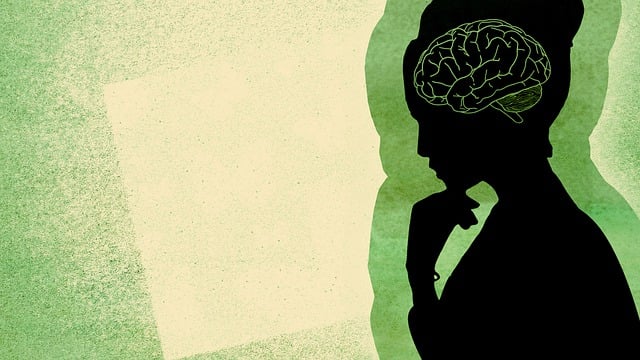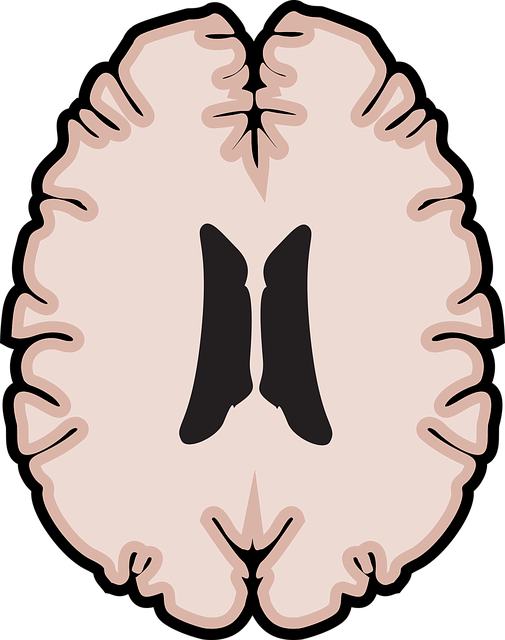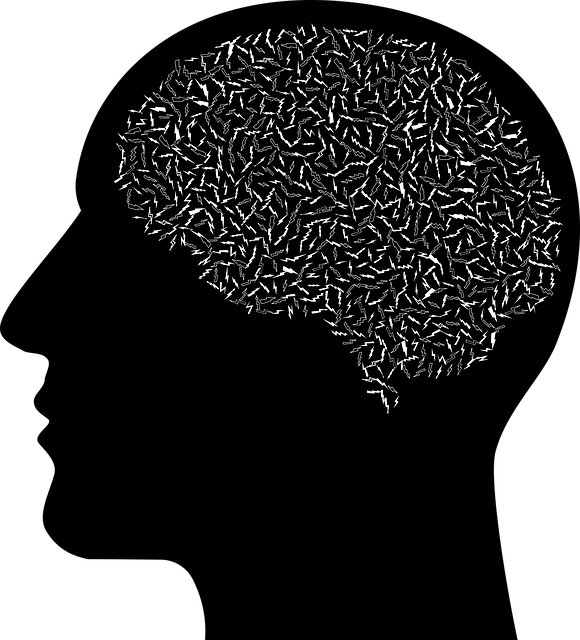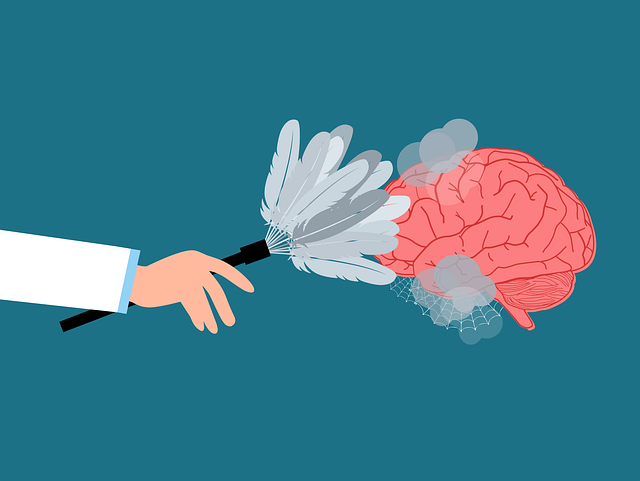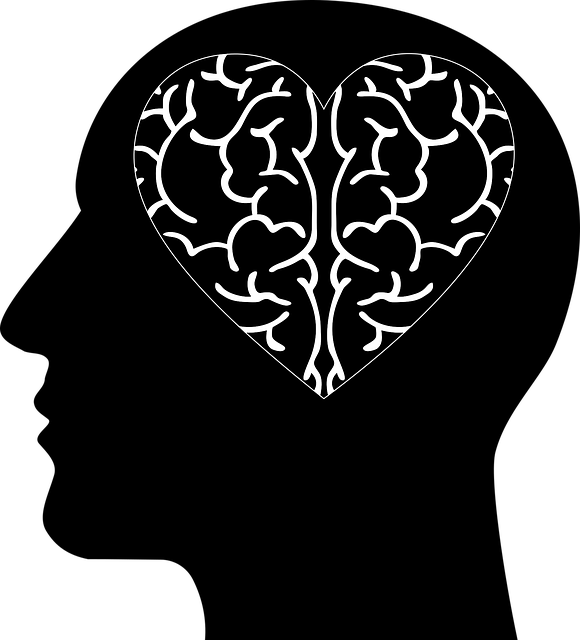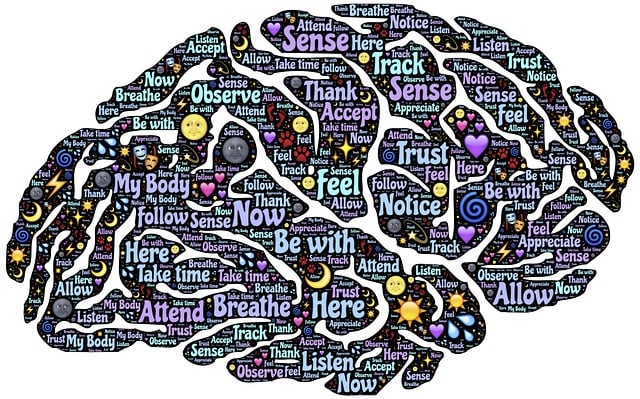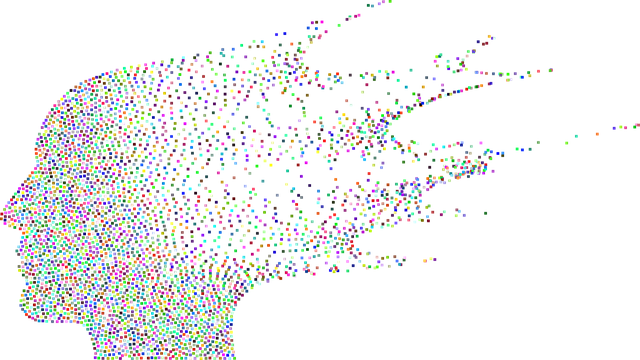Mental Health Crisis Hotlines (24/7) offer immediate assistance through qualified therapists for diverse needs, including therapy for children experiencing psychosis. Specialized treatment plans like family-focused therapy and CBT are implemented early. These hotlines promote self-care routines and mental wellness journaling exercises. Trained professionals provide compassionate support during acute emotional distress or psychosis symptoms, reducing stigma and ensuring access to specialized services through robust mental health policies. Confidential and judgment-free assistance is available via toll-free numbers, catering to adults and children with various challenges, including art and music therapy options.
Mental health crisis hotline support services play a crucial role in providing immediate assistance during emergencies. In this article, we explore various aspects of these lifeline services, including understanding the importance of hotlines, targeting therapy for children experiencing psychosis, the vital role of trained professionals, and ensuring easy access to these life-saving resources. By focusing on early intervention strategies, we aim to highlight how these services can revolutionise mental health care, especially for young minds grappling with psychosis.
- Understanding Mental Health Crisis Hotlines: A Lifeline for Emergency Support
- Targeting Therapy for Children Experiencing Psychosis: Early Intervention Strategies
- The Role of Trained Professionals: Providing Compassionate Assistance
- Accessing and Utilizing These Services: Ensuring Help is Within Reach
Understanding Mental Health Crisis Hotlines: A Lifeline for Emergency Support

Mental Health Crisis Hotlines serve as a vital lifeline for individuals experiencing emergency support needs related to mental health crises. These 24/7 services are designed to provide immediate assistance, ensuring that those in distress receive prompt and professional help. When faced with situations such as psychosis or acute anxiety, having access to qualified therapists who can offer guidance during these challenging moments is indispensable.
The significance of these hotlines lies not only in their immediacy but also in the diverse range of support they offer. From providing therapy for children experiencing mental health issues to guiding adults through communication strategies for self-esteem improvement, crisis hotline professionals are equipped with resources and knowledge to cater to a wide spectrum of needs. They often offer not just emotional support but also practical advice on managing symptoms and connecting individuals with suitable long-term care options. Additionally, some hotlines promote mental wellness journaling exercises to empower users with tools for self-reflection and personal growth.
Targeting Therapy for Children Experiencing Psychosis: Early Intervention Strategies

Children experiencing psychosis require specialized therapy to navigate their mental health crisis. Early intervention is key, focusing on tailored treatment plans that address unique needs. Therapists employ evidence-based practices like family-focused therapy and cognitive behavioral therapy (CBT) to support children and their families. These strategies not only alleviate symptoms but also foster resilience and coping mechanisms for better long-term outcomes.
Incorporating self-care routine development within the therapeutic process is beneficial, promoting self-esteem improvement and overall mental well-being. By encouraging age-appropriate self-soothing practices, children gain tools to manage stress and emotional distress. Moreover, advocating for robust mental health policies that prioritize child psychosis treatment ensures access to specialized services, enhancing community support and resource availability for effective crisis management.
The Role of Trained Professionals: Providing Compassionate Assistance

Trained professionals play a pivotal role in mental health crisis hotline support services. With expertise in various therapeutic modalities, they are equipped to provide compassionate assistance to individuals experiencing acute emotional distress or symptoms of mental illness, such as psychosis. These professionals undergo rigorous training in active listening, crisis intervention techniques, and evidence-based practices tailored for different demographics, including therapy for children struggling with psychosis. They offer a safe space for individuals to express their concerns, providing immediate relief and guiding them towards long-term solutions.
Beyond addressing immediate crises, the role of these professionals extends to reducing the stigma associated with mental illness. Through empathetic interactions, they foster an environment free from judgment, encouraging open discussions about emotional challenges. This supportive approach not only helps individuals seek necessary care but also contributes to broader mental illness stigma reduction efforts. By prioritizing stress management and burnout prevention, hotline services ensure that support workers can sustain their own well-being while offering crucial assistance to others.
Accessing and Utilizing These Services: Ensuring Help is Within Reach

Accessing mental health crisis hotline support services is a vital step towards ensuring help is within reach for individuals in distress. These hotlines offer confidential and immediate assistance, providing a safe space to express concerns without judgment. Whether it’s a child struggling with psychosis or an adult seeking guidance during a challenging time, these resources are designed to offer professional support tailored to specific needs.
Utilizing these services is straightforward. Many hotlines have toll-free numbers that can be dialed from any phone, ensuring accessibility. Trained counselors are available 24/7 to listen, provide empathy, and offer practical solutions. They can guide individuals towards suitable therapy options, such as art or music therapy for children experiencing psychosis, and assist in developing a self-care routine for better mental health. Additionally, they can help with depression prevention strategies and emotional regulation techniques, fostering resilience and coping mechanisms that promote overall well-being.
Mental health crisis hotline support services play a pivotal role in assisting individuals during emergencies, offering immediate compassion and expert guidance. With sections focusing on understanding these hotlines, targeting therapy for children experiencing psychosis, the essential role of trained professionals, and ensuring accessibility, it’s clear these resources are game-changers. By implementing early intervention strategies and making these services readily available, we can foster a healthier, more supportive society, especially for children navigating psychosis and their families.
